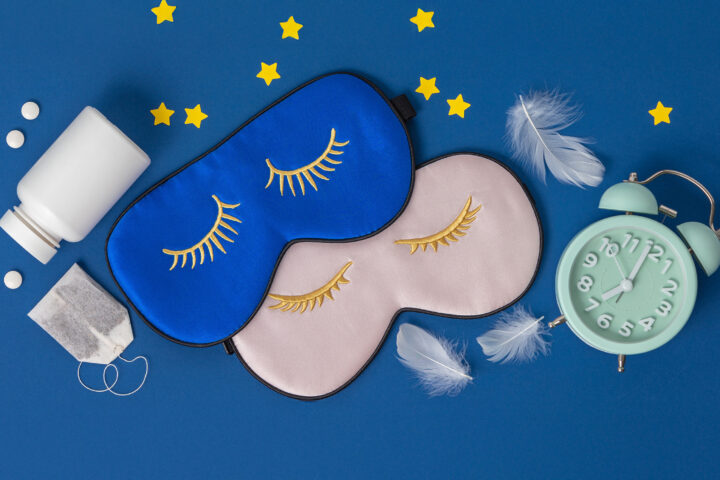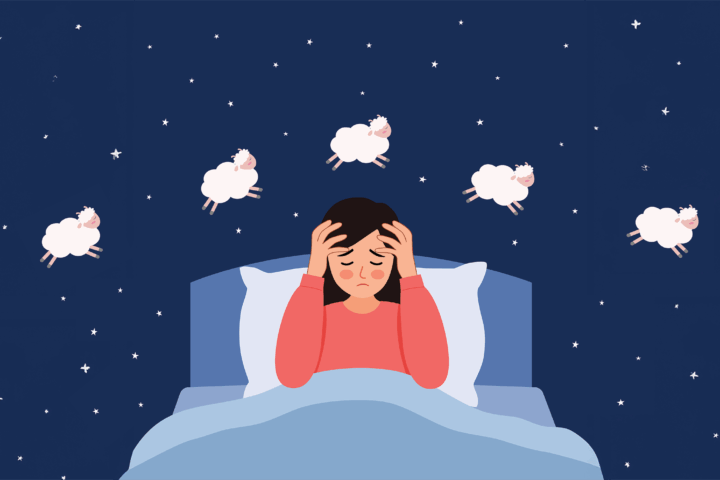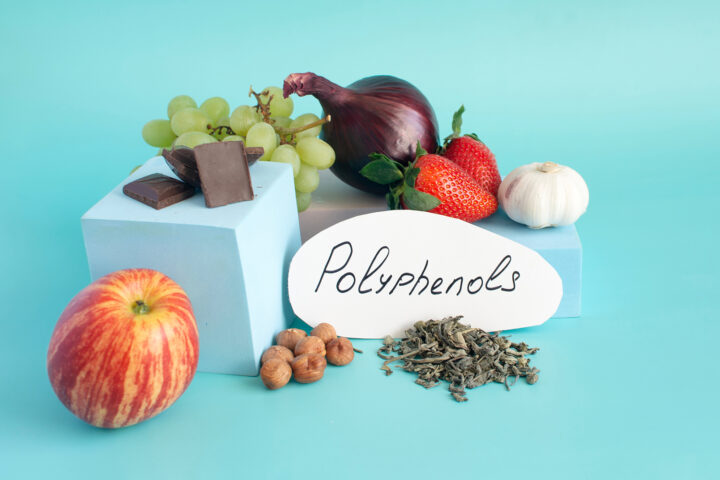There’s a quiet, but profound, bond that forms between a cat and its owner. This connection, which often goes unnoticed amidst the quiet purrs and soft nudges, may hold keys to improving both mental and physical health—especially as we age. As National Cat Day approaches, it’s worth taking a deeper look at how these independent, whiskered creatures have found their way into the heart of longevity science.
The Furry Fountain of Youth: Emotional and Physical Benefits
Cats don’t demand much, but what they offer is priceless. Studies have found that the companionship of a cat can do wonders for emotional well-being, particularly for older adults. The very presence of a feline companion has been linked to reduced levels of anxiety, depression, and loneliness. In fact, cat owners are 36% less likely to report feelings of loneliness compared to non-owners, according to research by the Human-Animal Bond Research Institute (HABRI).
The bond goes even deeper: the simple act of petting a cat has been shown to reduce blood pressure and trigger the release of endorphins—hormones that combat stress. For seniors, this interaction can offer more than just temporary calm; it can lead to better cardiovascular health and reduced risk of heart disease (Longevity Review, American Humane).
A Routine with Purpose: Cats and Cognitive Health
While the stereotype may be that cats are independent and aloof, caring for them actually provides a sense of routine and purpose—something particularly beneficial as people age. This responsibility, even in the form of daily feeding or grooming, creates a rhythm that can help with cognitive sharpness. For example, research has shown that seniors with pets report better cognitive function and fewer incidences of memory loss (Longevity Review).
Moreover, the routine of having a cat can foster a sense of stability. In a world where changes often come uninvited, such as retirement or reduced mobility, a cat can be a steady and comforting presence.
Cats and the Science of Longevity
It might surprise you to learn that cats are increasingly becoming valuable models in genetic research related to aging. Their genomes share similarities with humans, which has allowed researchers to study age-related diseases in both species. Cats, it turns out, are helping scientists unlock secrets to longevity. This research holds potential for developing treatments that could extend human healthspan (Longevity Review).
From a more personal perspective, owning a cat may itself improve healthspan by reducing stress, fostering emotional resilience, and even supporting immune function. The presence of a cat can trigger the release of oxytocin, a hormone tied to bonding and emotional well-being (HABRI). Higher oxytocin levels have been associated with improved mental health, making those quiet moments with a purring cat more powerful than they seem.
The Cat-Heart Connection: Cardiovascular Health and Aging
One area where cats have been making waves is in cardiovascular health. Owning a cat is linked to a lower risk of fatal cardiovascular diseases, thanks to their calming presence and the stress-reducing effects of pet interaction (MDPI). In fact, studies have shown that pet owners visit the doctor less frequently and report better overall physical health, particularly when it comes to heart conditions (MDPI).
It’s not just anecdotal. Research from the American Humane organization emphasizes that pets, particularly those that don’t require frequent outdoor exercise like cats, can be ideal companions for seniors seeking to maintain better health without the strain of high activity (American Humane).
A Bond That Benefits Both Species
Beyond the companionship cats provide, their role in the scientific community has been rising. Researchers have found that studying feline genetics can lead to breakthroughs in both human and cat health, especially for diseases like polycystic kidney disease (Longevity Review). As genetic studies on aging continue to grow, cats may one day contribute to longer, healthier lives not just through their presence but through science itself.
Owning a cat is more than just enjoying a warm companion on a cold night; it’s a connection that, in subtle ways, enhances both emotional and physical well-being, helping people age with grace. Cats offer a low-maintenance form of love that’s proving to be beneficial not just for the soul, but for the body too. So on National Cat Day, it’s worth remembering that your feline friend may just be your secret to aging well.










